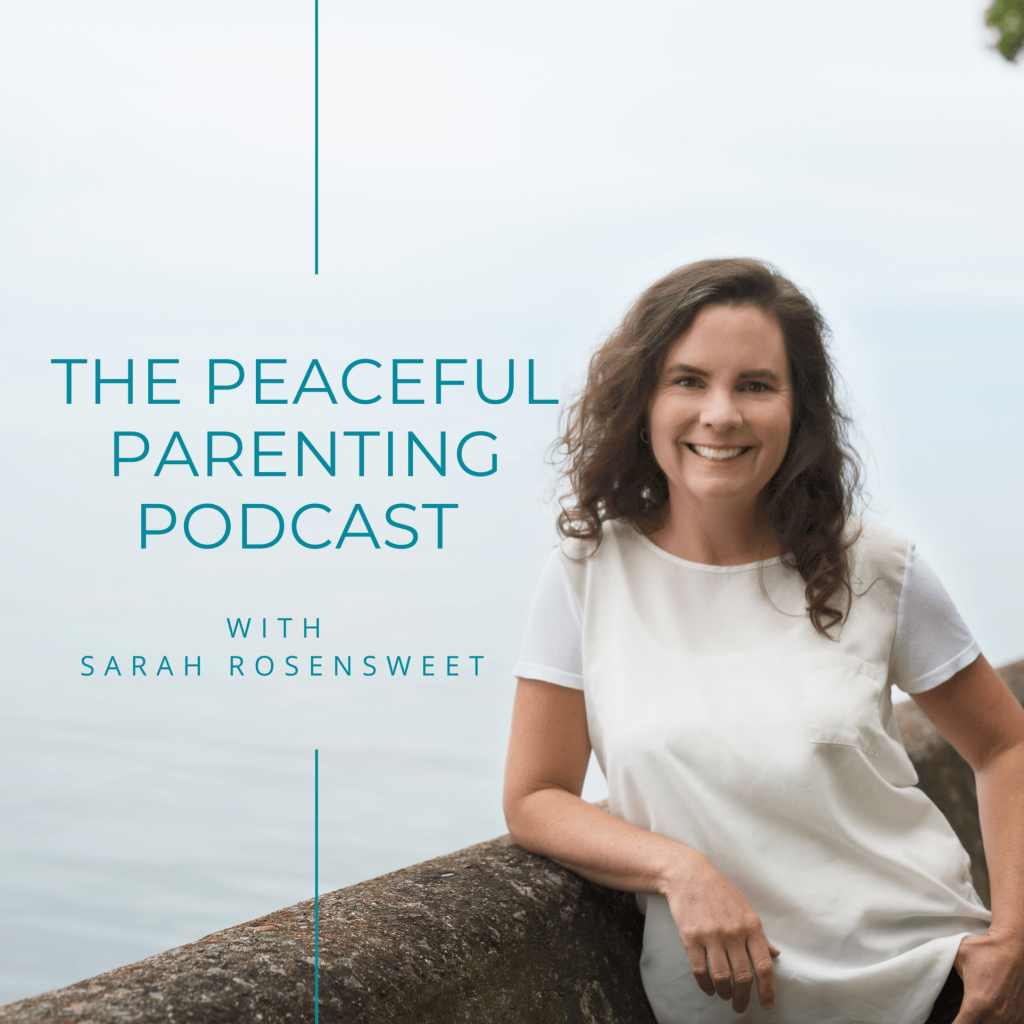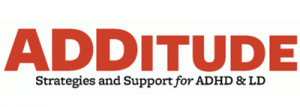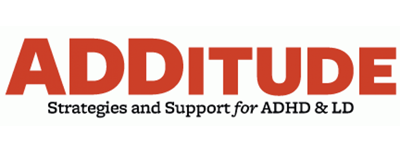Trauma, Anxiety, School Violence & More https://youtu.be/sGXD2TfOqTU “In December 2021, the U.S. Surgeon General issued an unprecedented public advisory regarding the youth mental health crisis in America, which took root before COVID but has grown alarmingly more severe in the last two years. Roughly 1 in 5 children ages 3 to 17 in the U.S. has a mental, emotional, developmental, or behavioral disorder. And 1 in 3 high school students reports persistent feelings of sadness and hopelessness. The COVID pandemic has disrupted the lives of all children, but its adverse effects are particularly severe for children and teens with disabilities, for racial and ethnic minorities, for LGBTQ+ youth, and for other young people in vulnerable populations. Add to all of this yet another horrific school shooting — this time the murder of 19 students and 2 teachers in Uvalde, Texas, on May 24 — and many parents are justifiably worried.
- How do we talk with our neurodivergent kids without increasing their anxiety?
- How can I make them feel safe without lying to them?
- Is my child’s level of worry normal?
- What if my teen is just apparently numb, avoiding any discussion of hard topics?
- How can we keep our kids safe, above all else?
This conversation with Sharon Saline, Psy.D., touches on all these important and immediate mental health concerns. Dr. Saline discusses “small t” traumas from repeated exposure to stresses. In addition, she discusses the dissociation and numbness that often accompanies these traumas, Compassion fatigue, and ways to move forward in the wake of a tragedy or family stress, . She also answers questions from the ADDitude audience — including questions submitted prior to and during the live event.”







